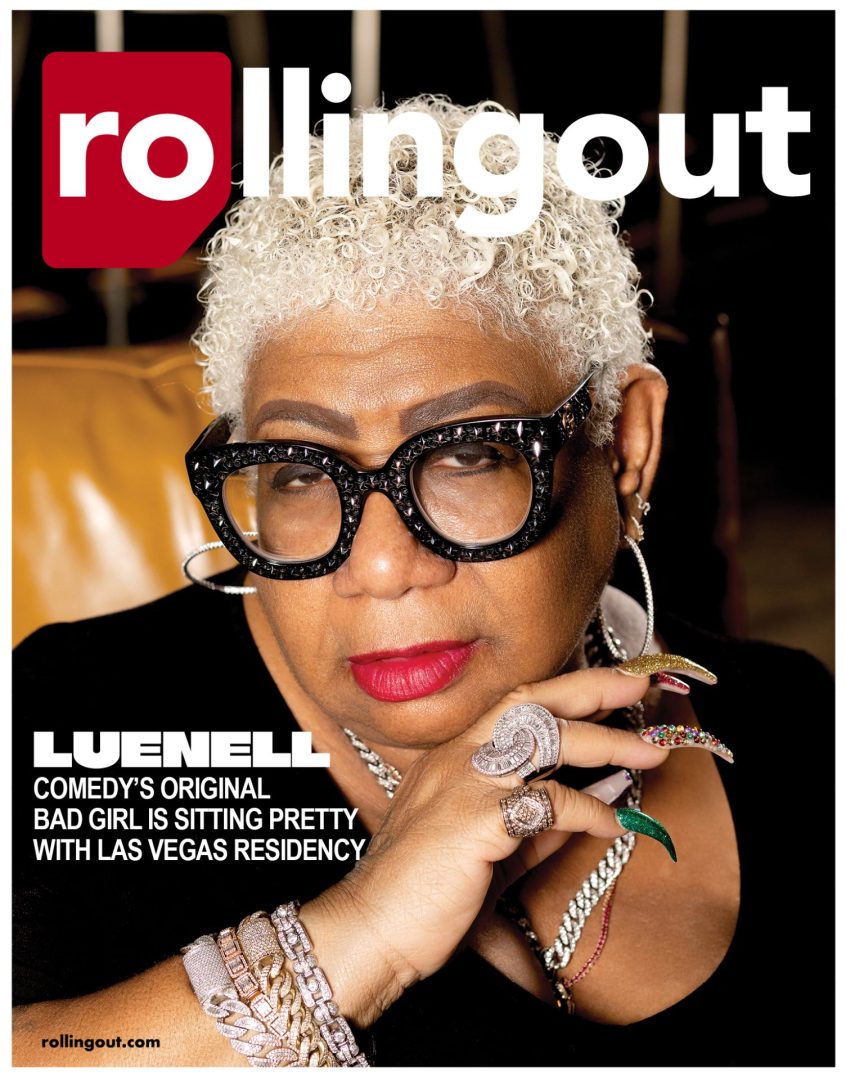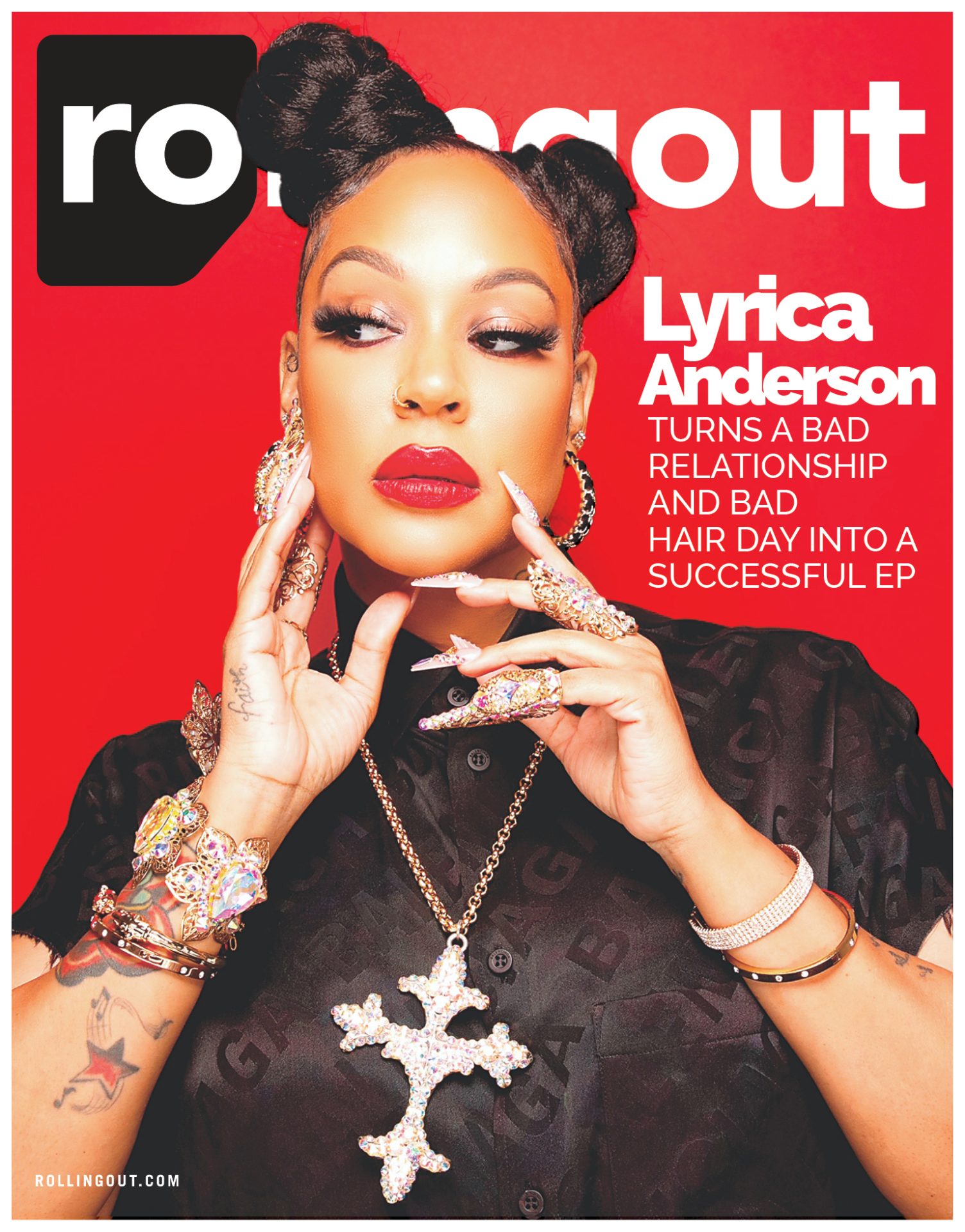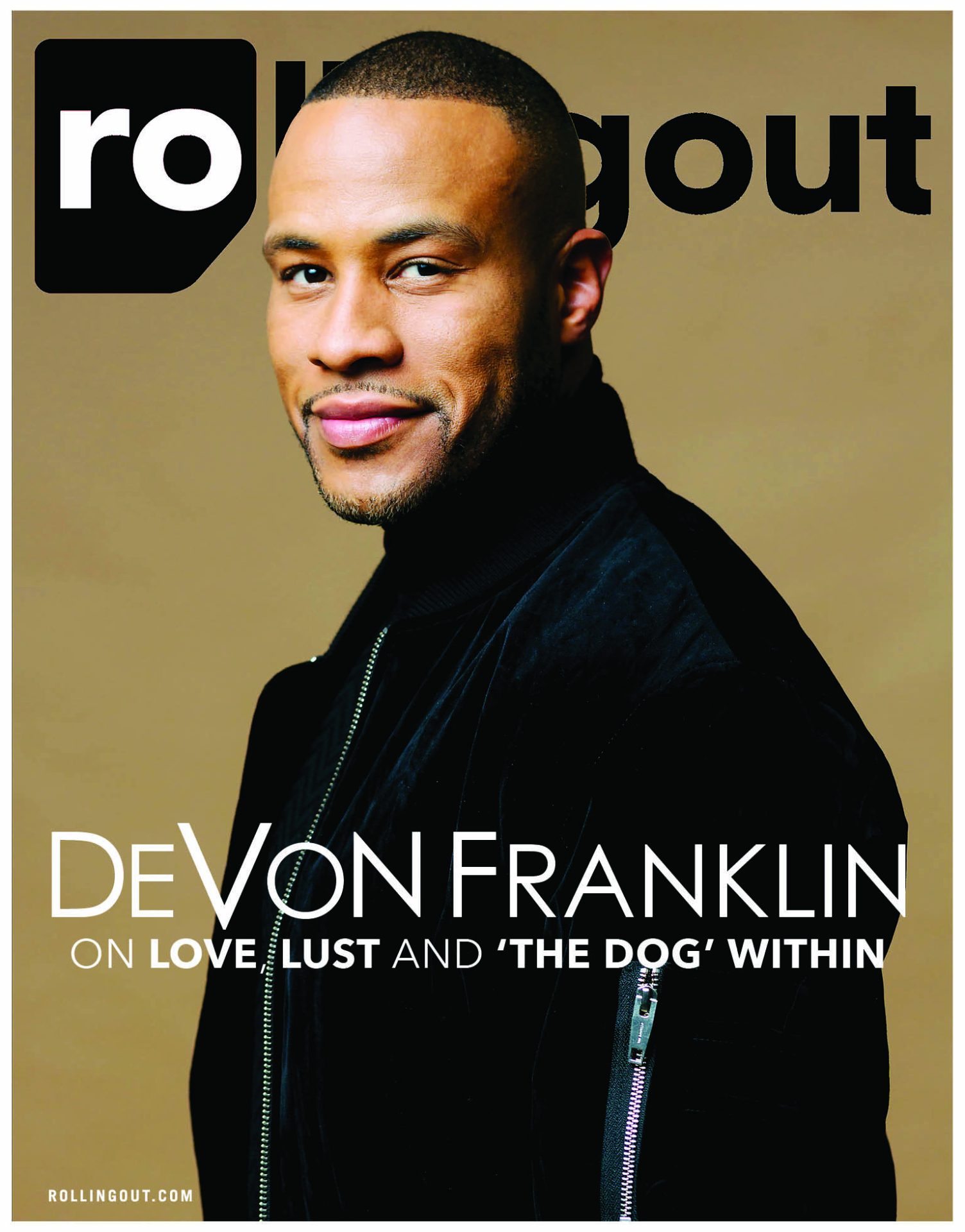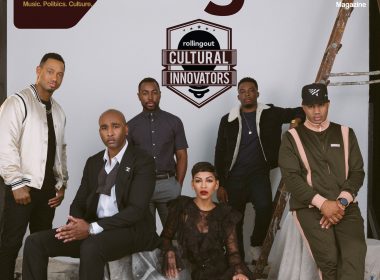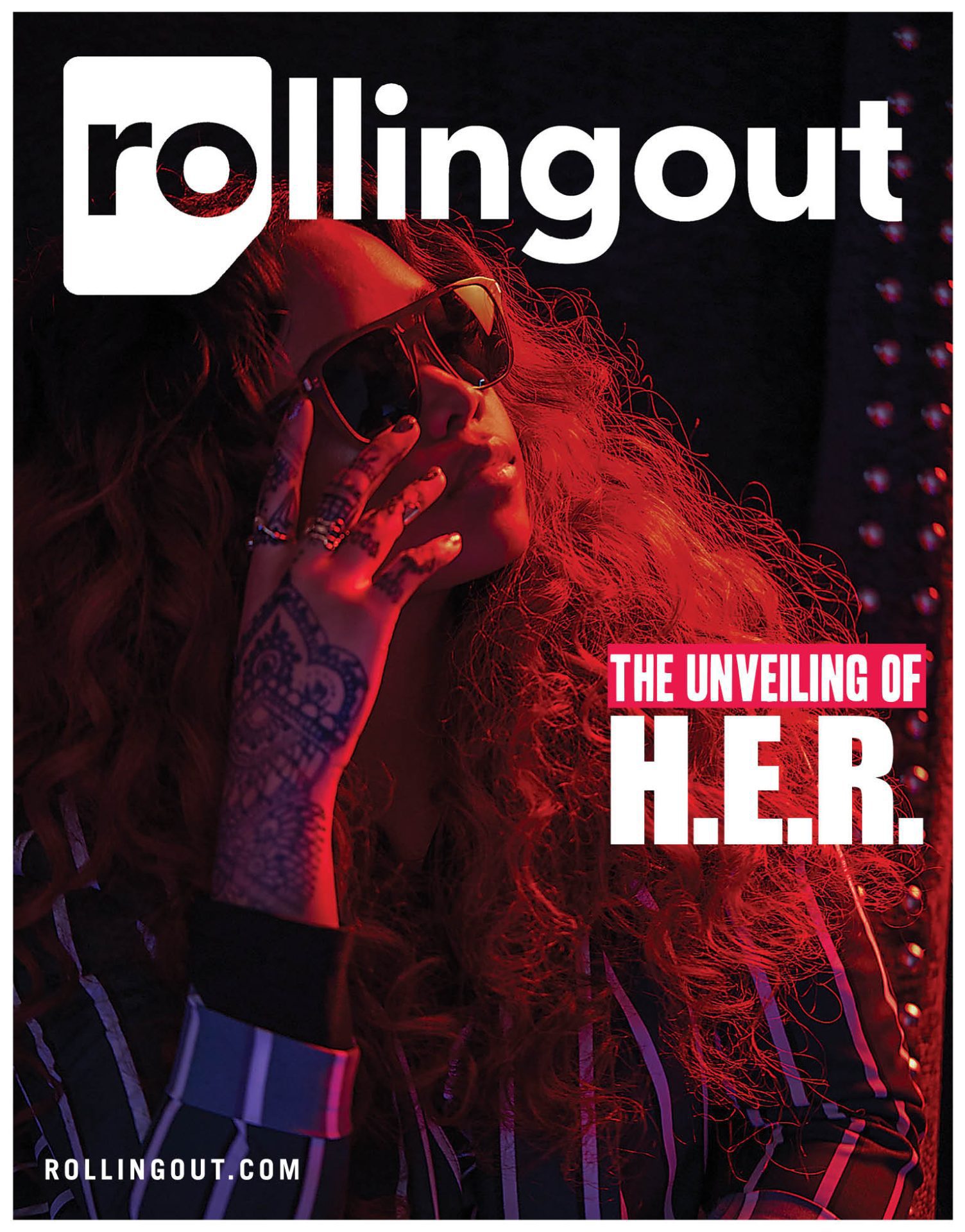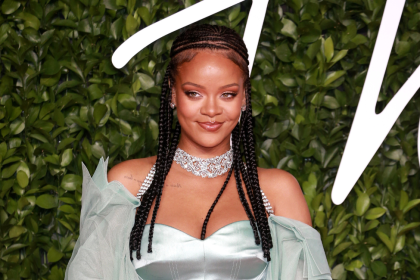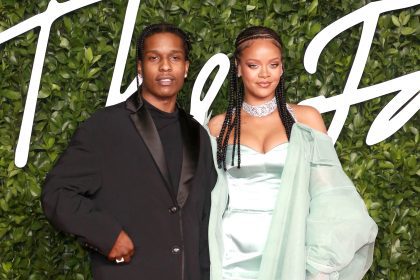
Fame’s dual-sided nature has been exposed and dissected for generations. From the rise and tragic demise of sex symbol Marilyn Monroe to the sad descent of modern stars like Whitney Houston and Michael Jackson, the American public has witnessed — and in many ways fetishized — the beautiful and talented burn out too soon far too often. Nowhere is the ambiguity of fame sharper or more unforgiving than in the unique cases of child stars. The glare of the spotlight can prove to be too much for even the most levelheaded adults, but when you put a youngster in the pressure cooker of celebrity the results can be catastrophic. Not all young stars become cautionary tales, of course, but a great many of them find themselves lost and bitter after the ride is over.
The 2013 death of “Jett Jackson” star Lee Thompson Young shocked and stunned many of the former child star’s fans, and immediately became one of the latest in a long line of young actors who seemed to represent the dark side of child stardom. The list is long: former “SeaQuest” star Jonathan Brandis committed suicide at age 27; Brad Renfro — who rose to fame in the early ’90s after starring as a young murder witness in The Client, died from a heroin overdose at the age of 25. “Diff’rent Strokes” star Dana Plato committed suicide at 34 and her co-star, Gary Coleman, also died at the relatively young age of 42. Bridgette Andersen, who starred in the family film Savannah Smiles, died from a drug overdose at 21. Corey Haim, famed ’80s teen heartthrob, died at 38, also of an overdose.
There are also countless examples of child stars who don’t meet the ultimate tragic end, but whose youth, money and fame lead them down a path of intensely reckless behavior. Pop stars Justin Bieber, Miley Cyrus, Rihanna and Chris Brown are all contemporary examples of once pristine teen idols who have become polarizing due to their antics. The Bieber of “Never Say Never” fame has given way to a much more controversial 20-something who gets filmed urinating in buckets in Hollywood restaurants, curses out fans, and flaunts his status at every turn. Former “Hannah Montana” star Miley Cyrus is known more now for a salacious VMA performance and her sexually provocative music videos than for her past image as a tween role model; and Brown, in one of the more extreme cases, went from posing with puppies in photos to landing on police blotters and courtrooms on a seemingly monthly basis.
It should be noted that much of this “outlandish” behavior is just young people being young people. Many people in their late teens and early 20s do stupid and even dangerous things. Young people get into fights, sometimes get arrested, sometimes don’t think before they act. These kids are living and growing up under the glare of intense scrutiny; so everything that they do gets magnified a thousandfold. But it is also true that being a celebrity adds a certain element of enabling — so there ridiculous behavior gets brushed off, condoned and excused by parties who only see them as commodities. How does a 20-year-old know when to say “enough is enough” or know how to draw the line between fun and foolishness when even the older people around him is nodding in agreement with everything he says or does? And fans don’t always help the matter, either. Fans tend to take the side of their favorite artist or actor, so no matter how crazy the celebrity’s behavior becomes, there are millions of people saying, “That’s OK. We still love you.” It’s all quite a bit much to process, especially if you’re barely out of high school.
While the Biebers and Browns make the headlines, and too many others find themselves fading into obscurity or far worse, there are others who have navigated the murky waters of youth and fame to great success. The combination of a stable home life, time away from the spotlight, and just a grounded perspective seems to work wonders in the lives of young stars, and it seems to be the difference between becoming a sad story or a success story. Actress Meagan Good began her career in the mid-1990s as a child star, gaining widespread attention after she played the teen daughter of Samuel L. Jackson in 1998’s critically acclaimed Eve’s Bayou. Today, she’s happily married and still one of the most visible black actresses in Hollywood, having recently starred in hits like Think Like a Man and the Will Ferrell comedy Anchorman 2: The Legend Continues. Her Eve’s Bayou co-star, Jurnee Smollett-Bell, has also made the successful transition into grown-up roles. Smollett-Bell won raves as a 10-year-old when she played Good’s little sister, and after a relatively “quiet” period, she has re-emerged, starring in the Tyler Perry film Confessions of a Marriage Counselor and on HBO’s campy vampire hit “True Blood.” Much of Good’s grounding has come from her Christian faith, and much of Smollett-Bell’s has come from her close-knit family.
Superstar actor Leonardo DiCaprio is another example of a child star who managed to survive the heartless nature of Hollywood. More than survive — DiCaprio has thrived. After first gaining attention on ABCs hit family sitcom “Growing Pains” in the early ’90s, DiCaprio garnered praise for his performance in hard-hitting dramas like This Boy’s Life, What’s Eating Gilbert Grape? and The Basketball Diaries. Today, he’s a permanent fixture on Hollywood’s A-List and a four-time Oscar nominee, most recently for his performance as Jordan Belfort in Martin Scorsese’s The Wolf of Wall Street.
So is there a formula? Is there a go-to path for young stars to take to ensure that they don’t meet criminal or tragic ends? Yes and no. It doesn’t take a rocket scientist to know that hanging out in Hollywood with drugs and alcohol at your disposal will lead to a harsh reality check for a young person, so it shouldn’t be any great bit of wisdom to suggest that young stars try to steer clear of that environment altogether — or at the very least, until they’re emotionally mature enough to handle it. But at the end of the day, kids are going to be kids; the best thing for a young celebrity is surrounding themselves with people that aren’t afraid to tell them ”no.” Strong parents are obviously a boost, but in so many cases when the parent depends on the child to support the family, things can get murky when it’s time to draw a line in the sand. But it can be done.
And do we, the general public, bear any of the responsibility in this?
The easy answer is “Absolutely not.” These individuals aren’t our friends or our family, how can we control or even influence what they do? Why do we have to address their issues? Well, they are famous because we are their fans. We go to their movies.
We watch their shows. We buy their albums. We influence them in ways that we don’t recognize. And yes, we do bear a certain amount of responsibility for their actions. Every time you tweet a celebrity and tell them to ignore “the haters” who are criticizing them for bad behavior, you play into the game. You enable their sense of righteousness, you reinforce the idea that they’re not wrong — that the world is just picking on them. If that celebrity has an addiction, or a tendency to behave recklessly, you are helping them convince themselves that it’s OK. How effective would it be if fans decided “No, we won’t support you as you destroy yourself?” How much quicker would that young star seek help or address their issues if you, the fans, decided that you would stage your own quasi-intervention by launching a fansite asking them to do better or lose you as a fan? Imagine if masses of fans did this? That may be asking too much of some people, but think of how many Corey Haims and Chris Browns would have been saved from the grave or courtroom if the fans had stopped nodding in agreement with every self-destruct impulse they exhibited? Because, after all, if you’re a fan, shouldn’t you want the best for your favorite celebrity?
When you think of it that way — is it really too much to ask?


